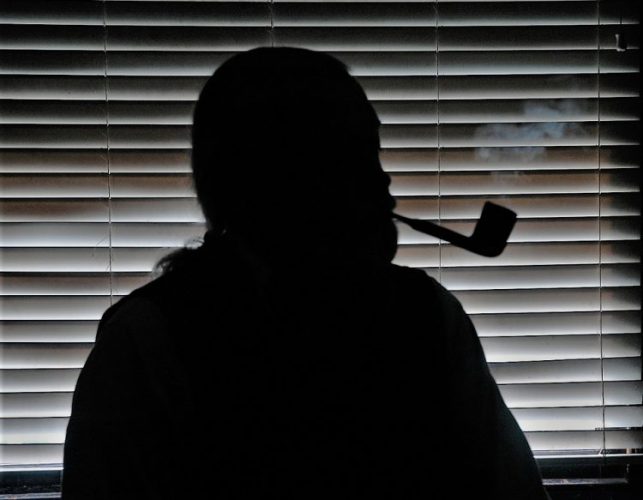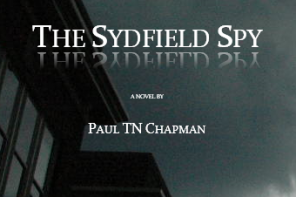I am Paul Tertius Noble Chapman. My initials are PTNC. When people learn I have Post Traumatic Stress Disorder, my initials often become PTSD. Although I don’t lead with it, I can’t conceal that I have it. I provide peer support for others with PTSD, chronic depression and anxiety dis-orders. The people I support have to know I’m speaking from personal experience.
I tell people so they will know, for example, that for me, handshaking is never okay. Once I get to know you, an embrace may be all right, but the choice will be mine. (Gestures of intimacy, especially handshaking, often are foist upon others without consent. They’re a form of personal viola-tion.) People need to know about ‘triggers’, which can instantly revive a painful memory or range of feeling from intense emotional discomfort up to panic and terror. It isn’t wallowing, it isn’t voluntary, and it is painful. This way, they will understand why I’m a little ‘odd’ or ‘unique’.
I’m not alone. PTSD is not an uncommon condition—I wouldn’t call it a mental illness, but rather, skewed mental health. It stems from an event, or a series of events, with which the mind simply cannot cope, ie: trauma. The event might be combat, sexual assault, emotional abuse, or natural disas-ter. Or something else—PTSD is not very selective. The result is constant alertness and sensitivity to danger, even when—especially when—there is none. It includes flashbacks so vivid you relive the original traumas; horrible intrusive thoughts; overthinking; hypervigilance; insomnia and/or nightmares—the list is very long. Traumatic experiences may layer themselves on top of one another, so new mental and emotional injuries are acquired. This is ‘complex PTSD’.
PTSD is a psychic injury, and it’s not contagious. It’s not curable either. We aren’t going to ‘get over it,’ we can’t ‘let it go’—if it were that simple, there would be no problem. But it doesn’t have to be the single focus in a friend-ship or business acquaintanceship.
A lot of us are isolated, socially awkward, and sensitive in ways that others don’t understand. Sometimes we’re intense, sometimes distant, and usually unsure of ourselves. We occasionally seem to have difficulty concentrating—we’re distracted by our hypervigilance.
PTSD causes an additional anxiety for me. I’ve begun developing friend-ships with musicians I’ve met online. They are incredible people. The beauty they bring into the world defies description. If they know about my PTSD (which is mentioned in all my bios), will they pity me, or avoid me? Worse, will they try to ‘fix’ me? Can they accept me and let us be friends?
PTSD is not all that I am. I want people to know I write novels (I’m just finishing my fourth), poetry, and articles on a host of subjects (not just mental health). I am, or have been, a musician, a photographer, and a painter in oils. I bake a mean phanouropita and terrible barbecued ribs. I use humour to relieve anyone’s tension. I like to make people laugh, feel loved and cared about.
I’m just like you—only different.
Paul TN Chapman
[email protected]
————————————————————————–
If you liked this article, please feel free to share it!
My eBooks and paperbacks are available on Amazon.com:





